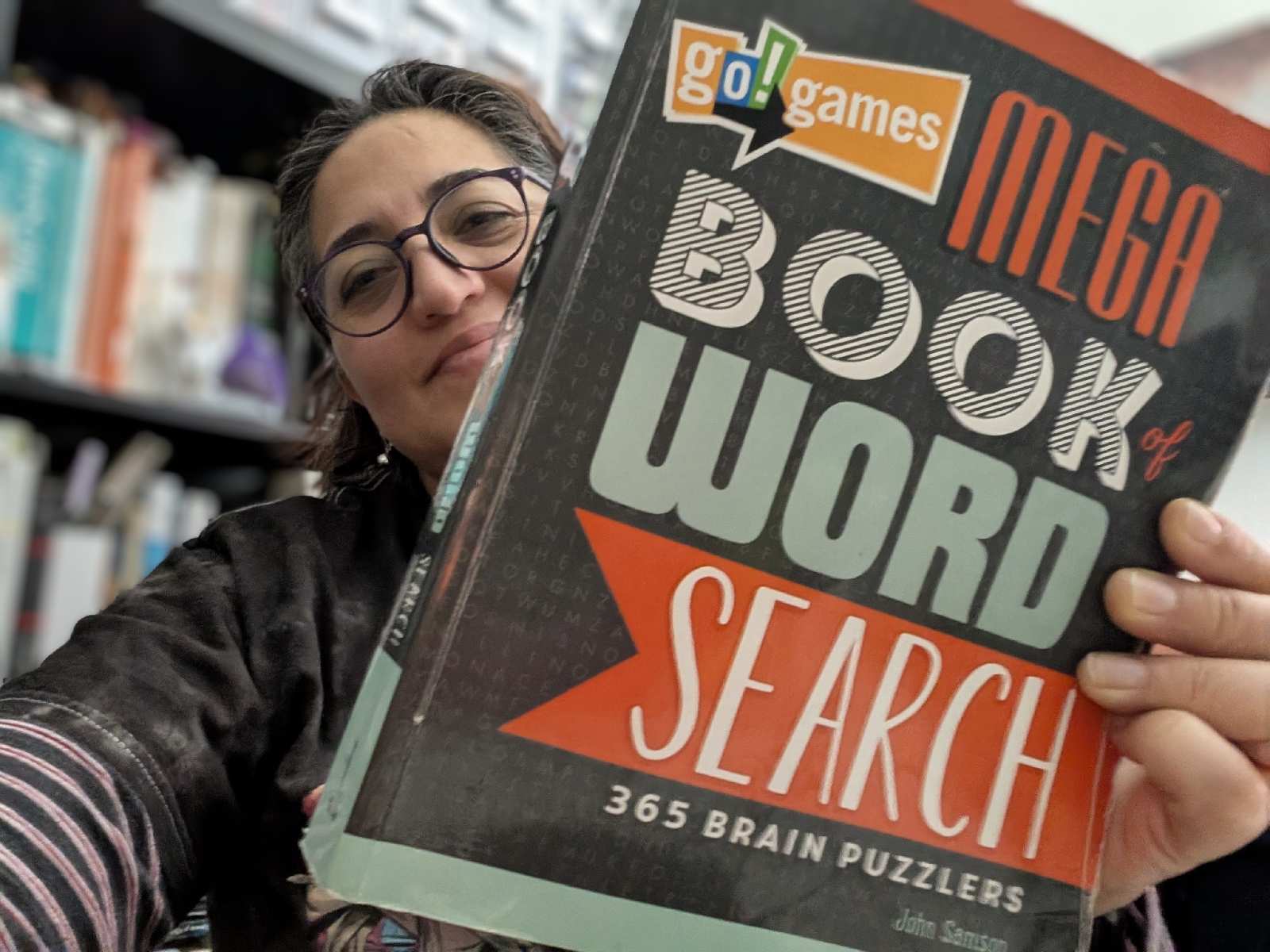Grammar English Tips
WORD ORDER
We usually use a certain word order: SUBJECT - PREDICATE- OBJECT.
Lidia invited a lot of people.
In this sentence 'Lidia' is a subject, ' invited' is a predicate and 'a lot of people' is an object.
ARTICLES
Have you got a pen?
We use the article 'a' with singular countable nouns when we talk about them in general
PRESENT TENSE
Lidia is reading a book.
The adverb 'now' means that the action is taking place at the moment of speaking. In this case we should use the Present Continuous Tense: am / is / are + verb -ing.
PAST TENSE
The Romans came to Britain in 54 BC.
If an action happened at a definite time in the past we use the Past Simple Tense. If there is a regular verb in a sentence we add '-ed'. Irregular verbs should be memorized.
COME-CAME-COME
FUTURE TENSE
Louise is visiting her friends tomorrow. She has got an appointment with them.
We use 'I am doing' [Present continuous] when we say what we have arranged to do. While ' I am going to do something' means ' I've decided to do it, but perhaps not arranged to do it.
PASSIVE VOICE
Ivan, look! The mail is delivered.
Sometimes we don't know who carries out the action and also it can be obvious or unimportant to us. In this case we use the Passive Voice.
MODAL VERBS
My brother is only 6, but he can already play the piano.
The modal verb 'can' is used when we speak about someone's ability to do something.
PHRASAL VERBS
At first you have to fill in the application form.
Phrasal verbs are verbs that consist of a verb and a particle and/ or a preposition. Phrasal verbs are typical of spoken English or informal writing, e.g. letters to friends and articles in popular journalism. They cannot be understood based upon the meanings of the phrasal verb 'to fill in' means 'to complete a form by providing needed information'.
PRONOUNS
Your brother is so rude. I don't like him
If a pronoun is an object we use its object form: HE - HIM
ADJETIVES
You should be very careful. Snowboarding is a dangerous hobby.
The adjetive 'dangerous' is a characteristic of something risky, of something that can cause injury.
ADVERBS
The train was moving slowly.
We use adverbs to describe time, degree, manner, etc. In other words adverbs help us get more information about the action or the place [where, when, how, how often, etc.] Many adverbs are formed from adding '-ly' or '-ily' to the adjective.
RELATIVE CLAUSES
Mike is a person who always does his best.
We use ' who' for people in relative clauses. You can also use 'that' [instead of who], but you can't use 'which' for people.
NOUN PLUS PREPOSITION
Bob has some trouble with his car.
We should remember that some nouns are used with specific prepositions afer them: 'to have trouble with'.
PREPOSITIONS
I will wait for you in the car. It's raining heavily.
Preposition of place 'in' means 'inside'.
ADJETIVE PLUS PREPOSITION
Mary is very proud of her little daughter.
We should remember that some adjetives are used with specific prepositions after them:'proud of'.
NOUNS
I see two boxes on the table.
The suffix 'es' is added to nouns ending in 's, sh, ch, x and z'.
SOME, ANY, A LOT OF, MANY, MUCH, ETC.
There is some coffee on the shelf.
We use 'some' in positive sentences and 'any' in negative ones before countable or uncountable nouns. 'Many' and 'a few' are used before plural countable nouns.
CONDITIONALS
If you study hard, you will pass the exam.
When we speak about probable situations in the present or future we use Conditional
1.- If - clause (if + present simple) - Main clause (future/modal + present without 'to')
2.- If - clause (if + present simple) - Main clause (future + HAVE TO, OUGHT TO, BE TO + present without 'to'.)
REPORTED SPEECH
Eddie said: "I work every day"
Eddie said that he worked every day
We change the Present Simple to the Past Simple in Reported Speech.



Well done and nice job excellent work and useful information about the Opportunity it's nice job.
ReplyDeleteThesis writing services